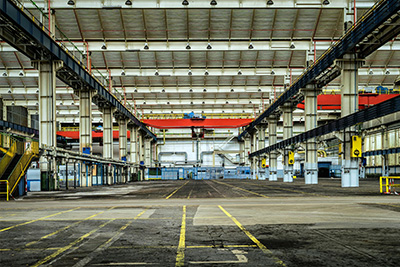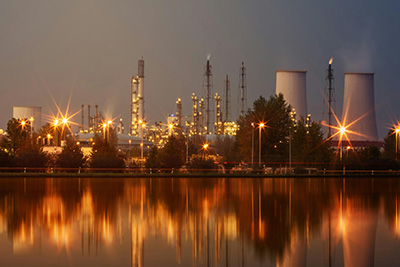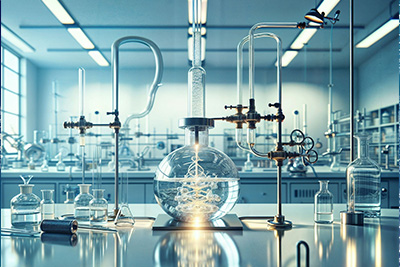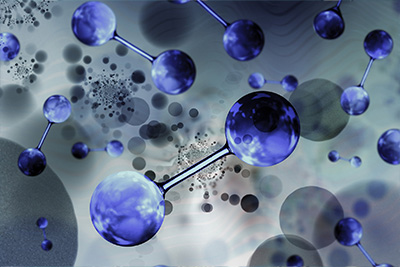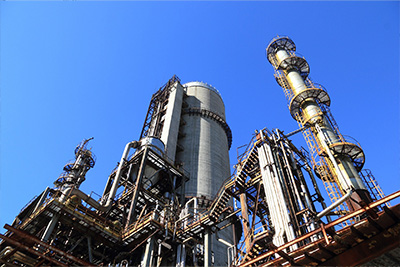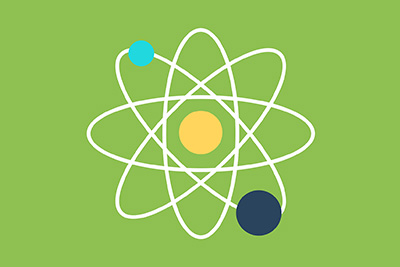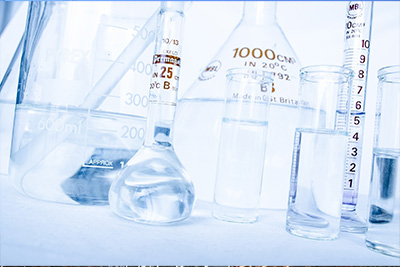-
![The Role of Butylt···]() 2024-11-30 The Role of Butyltin Compounds in Mo···
2024-11-30 The Role of Butyltin Compounds in Mo···Butyltin compounds play a crucial role in modern PVC manufacturing techniques by acting as stabilizers that prevent degradation during processing and use. These compounds, including tributyltin (TBT) and dibutyltin (DBT), enhance the thermal stability and longevity of PVC products. Despite their effectiveness, concerns over their toxicity have led to the development of less harmful alternatives, prompting ongoing research into safer stabilizing agents for PVC production.
read more > -
![Sustainable Methyl···]() 2024-11-30 Sustainable Methyltin Production: En···
2024-11-30 Sustainable Methyltin Production: En···The production of sustainable methyltin compounds offers significant environmental and industrial advantages. These benefits include reduced toxic waste, enhanced efficiency in industrial applications such as antifouling agents and catalysts, and minimized ecological impact. By adopting greener synthesis methods, the methyltin industry can lower its carbon footprint and promote a more sustainable chemical manufacturing process. This shift not only supports environmental protection but also drives innovation and competitiveness in the sector.
read more > -
![Innovative Synthes···]() 2024-11-30 Innovative Synthesis of Octyltin for···
2024-11-30 Innovative Synthesis of Octyltin for···The article discusses the development of a novel synthesis method for octyltin compounds, which are crucial additives in producing high-performance polyvinyl chloride (PVC) stabilizers. These stabilizers enhance the durability and longevity of PVC materials by preventing degradation caused by heat, light, and other environmental factors. The newly developed synthesis process aims to improve the efficiency and cost-effectiveness of octyltin production, thereby contributing to better quality PVC products in various applications such as construction, automotive, and packaging industries.
read more > -
![Dimethyltin as a V···]() 2024-11-30 Dimethyltin as a Viable Alternative ···
2024-11-30 Dimethyltin as a Viable Alternative ···Dimethyltin compounds are emerging as a promising alternative to traditional stabilizers in polyvinyl chloride (PVC) production. This shift is driven by their superior thermal stability and eco-friendly characteristics, which address environmental concerns associated with current stabilizing agents. The manufacturing process for dimethyltin-based stabilizers is both efficient and scalable, meeting the growing market demand. As industries seek more sustainable solutions, the adoption of dimethyltin stabilizers in PVC applications is expected to increase, fostering a greener and more sustainable future for plastic production.
read more > -
![Mercaptide Tin Com···]() 2024-11-30 Mercaptide Tin Compounds in Polymer ···
2024-11-30 Mercaptide Tin Compounds in Polymer ···Mercaptide tin compounds are increasingly utilized in polymer processing due to their efficiency in catalyzing reactions. These compounds enhance the performance of polymers by improving their thermal stability, molecular weight, and mechanical properties. The production of mercaptide tin compounds has grown significantly, driven by demand from various industries including automotive and packaging. Their market implications are substantial, as they offer superior performance compared to traditional catalysts, leading to innovations in polymer technology and potential shifts in industry standards. However, environmental and health concerns related to tin compounds may impact future market dynamics.
read more > -
![Butyltin Manufactu···]() 2024-11-30 Butyltin Manufacturing Process Optim···
2024-11-30 Butyltin Manufacturing Process Optim···The optimization of the butyltin manufacturing process aims to enhance product quality through systematic adjustments in reaction conditions, catalyst selection, and purification techniques. Key factors such as temperature, pressure, and reactant ratios were meticulously fine-tuned. Advanced analytical methods were employed to monitor intermediates and final products, ensuring compliance with stringent quality standards. The optimized process not only improves yield and purity but also minimizes environmental impact, leading to more sustainable production practices.
read more > -
![Comparative Analys···]() 2024-11-30 Comparative Analysis of Methyltin an···
2024-11-30 Comparative Analysis of Methyltin an···This study conducts a comparative analysis of methyltin and octyltin compounds within heat-stable polyvinyl chloride (PVC) formulations. The research aims to evaluate their respective impacts on the thermal stability, mechanical properties, and environmental behavior of PVC materials. Results indicate that while both additives enhance thermal stability, octyltin compounds offer superior performance in terms of mechanical strength. However, methyltin compounds exhibit better environmental compatibility with lower leaching rates. The findings provide valuable insights for optimizing the selection and usage of organotin stabilizers in PVC applications, balancing between performance enhancement and ecological considerations.
read more > -
![Methyltin Producti···]() 2024-11-30 Methyltin Production Techniques: Fro···
2024-11-30 Methyltin Production Techniques: Fro···The production of methyltin compounds involves various synthesis techniques, starting from the reaction of metallic tin with methyl halides or tin chlorides with methyl Grignard reagents. These methods yield different methyltin derivatives like mono-, di-, and trimethyltin, each with unique properties. Downstream applications span across multiple fields, including their use as catalysts in polymerization reactions, biocides in anti-fouling paints, and intermediates in organic synthesis. The choice of synthesis method significantly impacts the final product's quality and its subsequent utility in industrial and research applications.
read more > -
![Optimizing Octylti···]() 2024-11-30 Optimizing Octyltin Production for H···
2024-11-30 Optimizing Octyltin Production for H···The optimization of octyltin production for high-purity PVC applications involves refining synthesis methods to achieve higher yields and purity levels. Key factors include the choice of catalysts, reaction conditions, and purification techniques. Advanced catalytic systems and controlled reaction environments enhance the efficiency and selectivity of the process. Additionally, implementing rigorous purification steps, such as distillation and chromatography, ensures the final product meets stringent quality standards. This optimization is crucial for meeting the demands of industries requiring high-quality PVC, thereby improving overall performance and durability in end-use applications.
read more >


